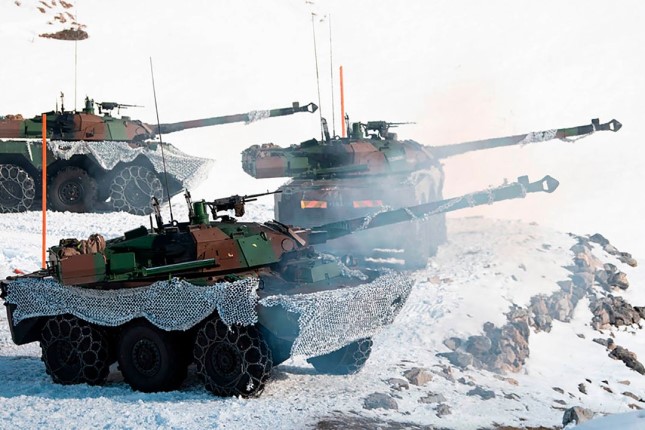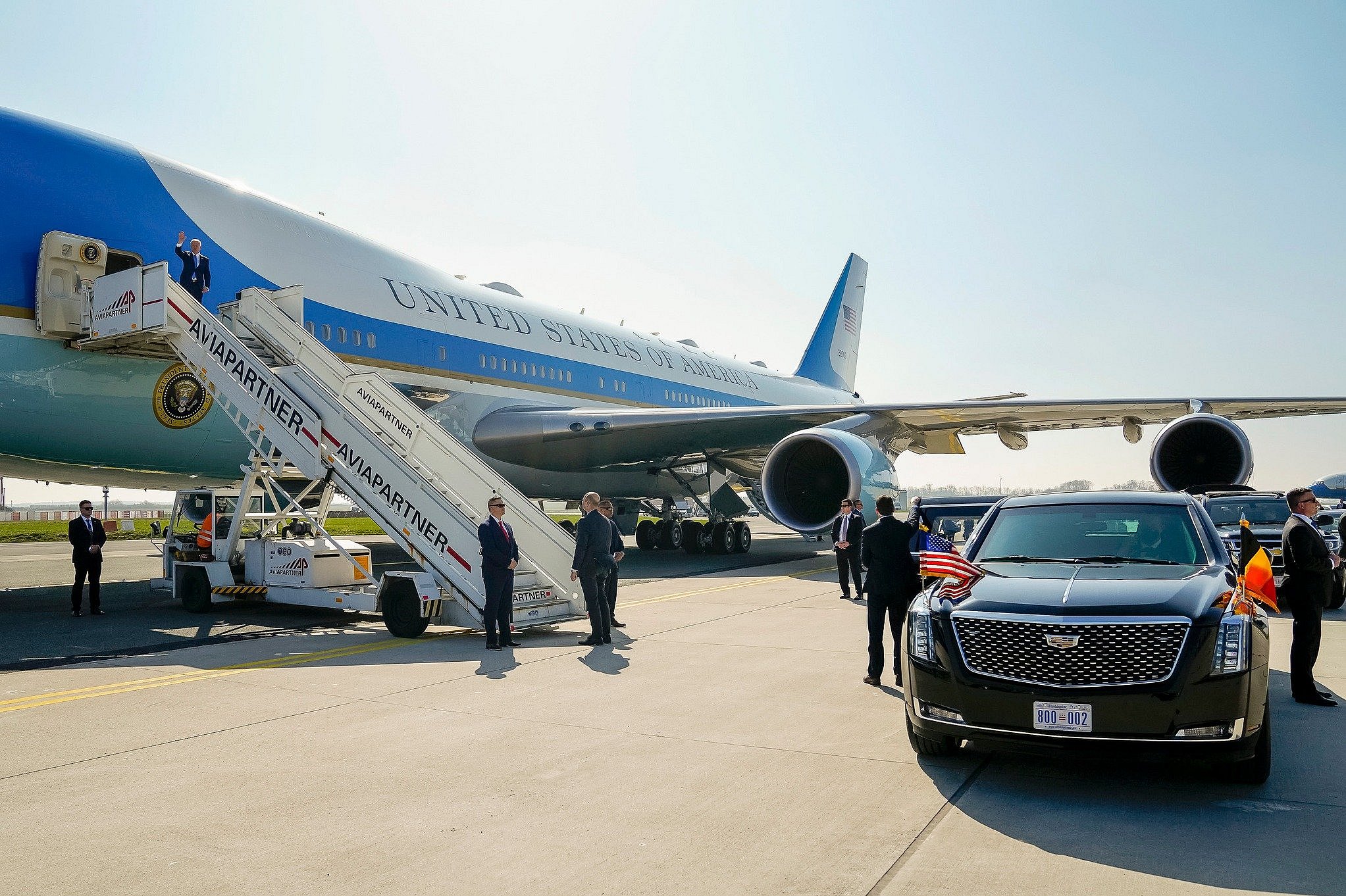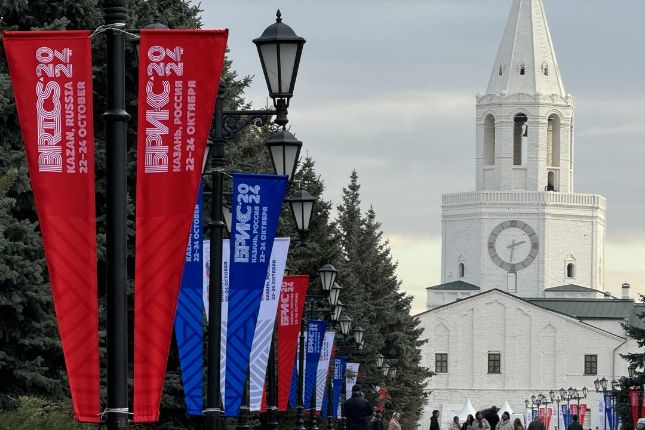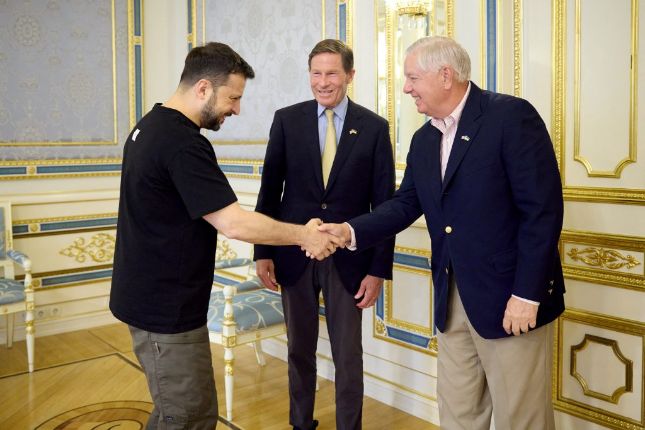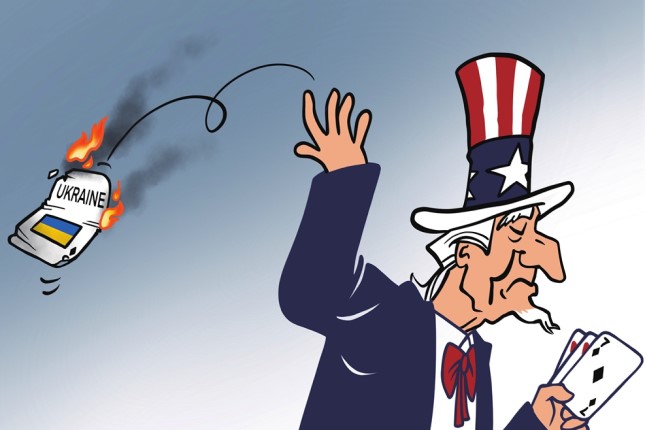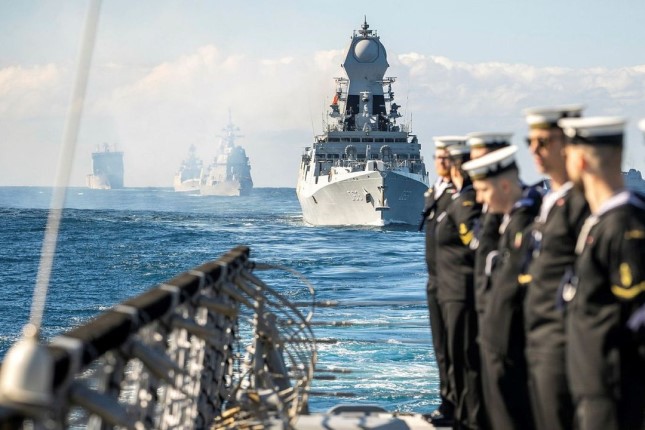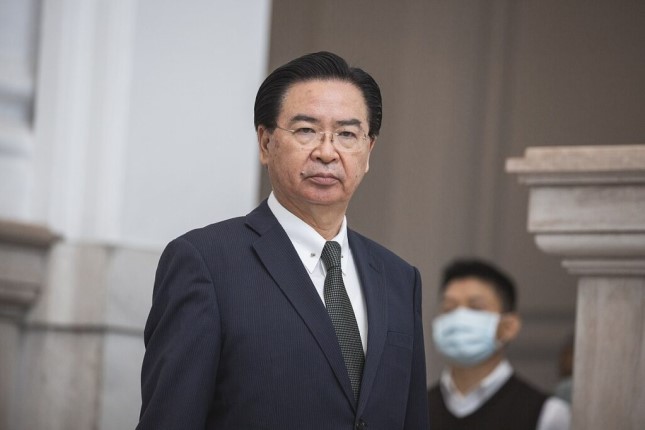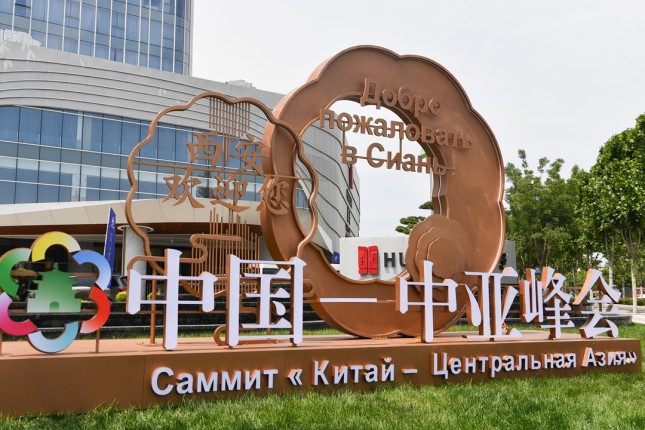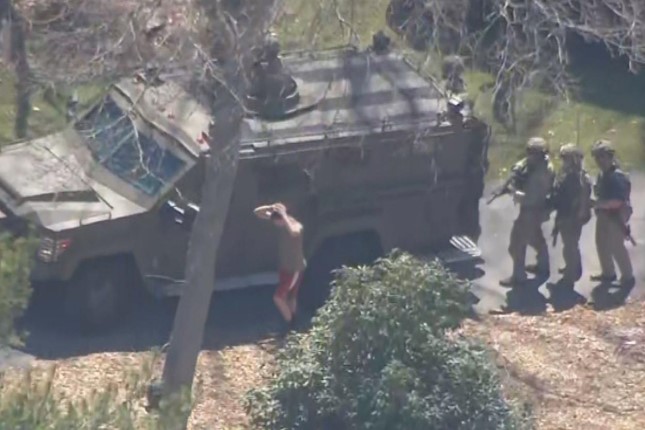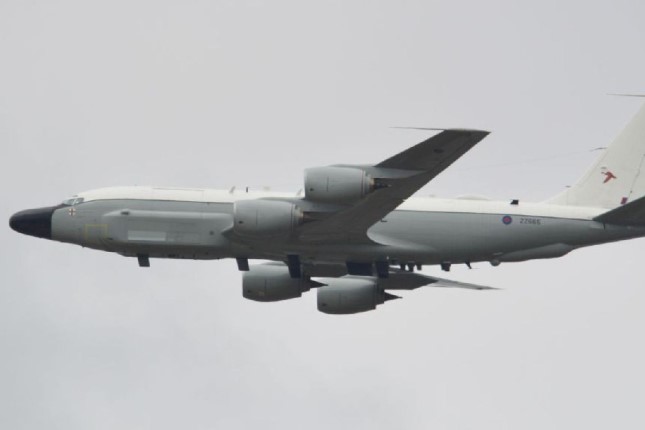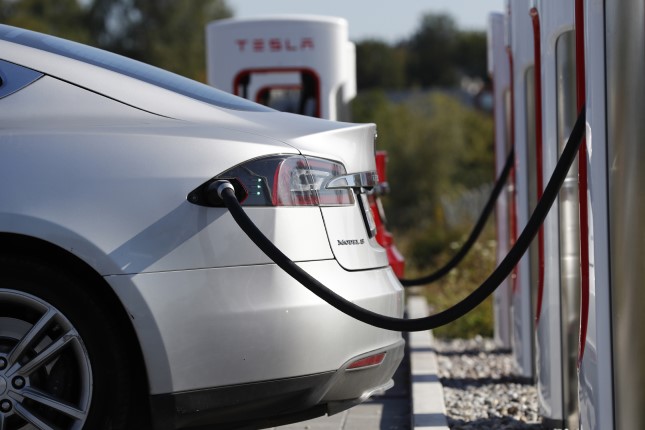Shoigu also pressed Lecornu about possible French involvement in the March 22 terrorist attack at Crocus City Hall in Moscow.
While French and Russian sources gave sharply conflicting accounts of the call, French officials unambiguously rejected Russia’s offer of peace talks. Backed by its NATO allies, Paris is pressing on with plans to send troops to Ukraine that can only lead to war between nuclear-armed states.
According to the Russian Defense Ministry statement on the phone call, “There was a noticeable willingness to dialogue over Ukraine. … The starting point could be the Istanbul initiative for peace.”
There were conflicting reports on which initiative Shoigu meant. Russian sources referred to a proposal for peace talks by Turkish President Recep Tayyip Erdoğan made last month, as Ukrainian President Volodymyr Zelensky visited Turkey. French sources raised the peace deal between Russian and Ukrainian negotiators in Turkey in April 2022, a deal that then-British Prime Minister Boris Johnson forced Ukrainian officials to abandon.
Shoigu also warned Lecornu, according to Russian accounts, that if Paris sent troops to Ukraine, “this would create problems for France itself.”
About the Crocus City Hall attack, Shoigu told Lecornu that Russian investigators have proof of Ukrainian involvement and said: “The Kiev regime does nothing without the approval of its Western supervisors. We hope that, in this case, the French special services were not behind this.”
French officials immediately denied any interest in Ukraine peace talks. Shoigu was “ready to resume dialog over Ukraine,” French defense officials told AFP, but “France neither accepted nor proposed anything” on Ukraine. Even though it was discussing a phone call it had just placed to Russia’s defense minister, the French Defense Ministry baldly told Le Monde: “This call must not be seen as an attempt to reopen a channel for communication with the Russians.”
Nevertheless, the call had been initiated at France’s urgent request, according to Russian and French reports. “Conscious of the disturbances the phone call could cause, the French defense ministry warned several of its European counterparts of the call and contacted them after it was over, in particular to avoid Russian attempts at manipulation,” Le Monde reported.
“The struggle against terrorism is a priority of the government, it has nothing to do with Ukraine,” French defense officials said. They pointed to the horrific attack in Moscow, by ethnic Tajiks reportedly loyal to the Islamic State-Khorasan (IS-K) group, that claimed 144 lives and left 551 wounded.
Lecornu “recalled that France is open [to] stepped-up exchange” with Russia on anti-terrorism operations, they added, and told Shoigu that “France has no information allowing to link this attack to Ukraine.”
They also said that Lecornu demanded that Moscow “cease all attempts to exploit” the Crocus City attack.
The Russian Defense Ministry communiqué confirmed that Lecornu was concerned about political fallout from the Crocus City attack. Lecornu, it said, “constantly argued that Ukraine and the Western countries were not implicated in the terrorist attack, placing responsibility for the attack on ISIS.” ISIS (Islamic State in Iraq and Syria), is an earlier name for the Islamic State group.
The Shoigu-Lecornu call must be taken as a warning of the imminent danger of escalation of the NATO-Russia war in Ukraine. This danger comes not mainly from the post-Soviet capitalist regime of Russian President Vladimir Putin, but from France and its NATO allies. France’s rejection of Shoigu’s offer of peace talks refutes propaganda presenting Russia as a threat to all of Europe and shows that NATO, not Moscow, is driving the war.
The French government is preparing war with Russia behind the backs of the people, based on lies and distortions. No one in Paris has revealed what Lecornu said on Ukraine. But it is hard to believe that Lecornu called Shoigu, who exercises leadership over Russia’s war in Ukraine—and so, potentially, of operations to destroy the French army, should it deploy there—just to discuss intelligence-sharing for police work against terrorists.
Based only on official French statements, however, it seems the main message Paris is sending to Putin is that discussion of the Moscow terror attack is unacceptable.
France openly armed Islamist militias during wars that NATO launched in 2011 in Libya and Syria. However, French officials and media downplayed these links after Islamist terrorists carried out two bloody attacks in Paris in 2015. Macron’s predecessor as president, François Hollande, imposed a two-year state of emergency that suspended basic democratic rights, strengthened Islamophobic neo-fascist forces, and led to a vast build-up of police powers now used to assault and imprison workers engaged in strikes or protests.
Yesterday, Macron, Hollande and other French officials denounced Shoigu for suggesting a possible French link to the Moscow attack. Hollande went on France Inter public radio to call for a break in relations with Russia. He said: “You saw how Russia exploits such discussions and even suggests that France could have supported the Moscow attacks. … My recommendation is: no contact with Russia.”
Macron attacked Shoigu’s remarks as “bizarre and threatening” at a poolside press conference for this summer’s Olympic games. Claiming without any evidence that Russia could “target” the 2024 Olympics, Macron said of the Moscow attack: “It is ridiculous to say that France, that Ukraine could be behind it. … But it’s manipulation of information and part of the arsenal of war as Russia uses it today.”
In reality, US officials’ own statements raise the question of potential NATO involvement in the Moscow attack: they immediately claimed, without any investigation, that Ukraine was not involved and blamed IS-K. But IS-K recruited many soldiers and spies of the pro-NATO Afghan regime that fought the Taliban, and who went underground when the Taliban took Kabul in 2021. French secret services, which participated in the NATO occupation of Afghanistan, has extensive contacts among such forces.
Even before the Kremlin has made any concrete allegation linking France to the Crocus City Hall attack, Hollande and Macron are trying to pre-empt political fallout from revelations about their links to Ukraine and Islamist groups. They are doubling down on plans to attack Russia, even if this means risking nuclear war.
Photo: This undated photo provided Thursday January 5, 2023, by the French Army shows AMX-10 RC tanks © AP Photo / Jeremy Bessat / Armee de Terre.
Source: World Socialist Web Site.
